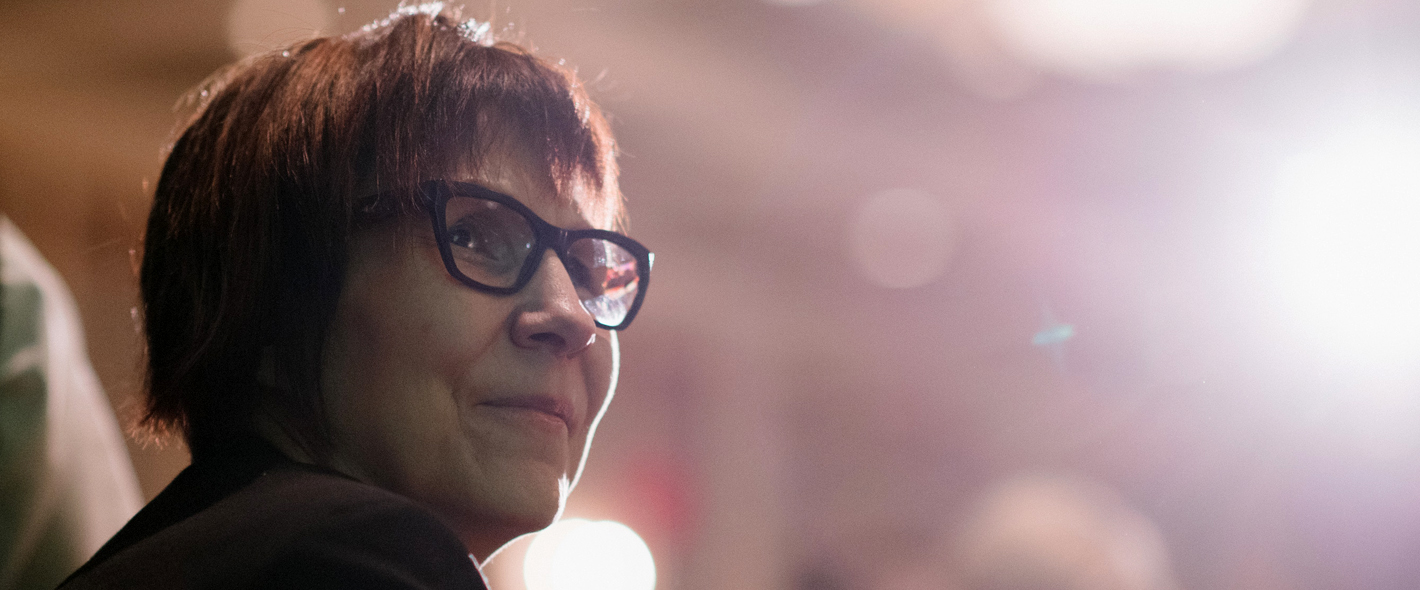Governments are still failing to guarantee equal rights for First Nations, Inuit and Métis children. That was the message from Cindy Blackstock, executive director of the First Nations Child and Family Caring Society of Canada, who testified on Oct. 3 at the Murdered and Missing Indigenous Women and Girls national inquiry hearing in Winnipeg.
Blackstock pointed to the tragic death of 15-year-old Tina Fontaine, which she said proves the “direct link” between the child welfare system and missing and murdered Indigenous women and girls.
Tina Fontaine was in the care of Child and Family Services at the time of her murder. Her great-aunt, a long-time foster parent, had asked CFS for help because the teen was having trouble dealing her father’s 2011 murder. But as so often happens, social agencies are under-resourced and unable to provide such help.
In 2016, the Canadian Human Rights Tribunal ruled that Canada discriminates against First Nations children on reserves by failing to provide the same level of child welfare services that exist elsewhere. It ordered the federal government to implement “Jordan’s Principle”, so that First Nations children receive health care without delay caused by arguments over which level of government should pay the bill.
“No province or territory has adopted a Canadian Human Rights Tribunal-compliant definition of Jordan’s Principle,” Blackstock testified. She said Manitoba has implemented a narrow scope of the principle, which applies to children with special needs, like Jordan River Anderson, for whom it’s named. The child from Norway House died in 2005 in a Winnipeg hospital while governments argued over who should pay for his care.
“Provinces have taken the position ‘Well the feds now are on the hook for Jordan’s Principle, so we are not going to step up to the plate. We are just going to try and see if the feds can pick it up.’ Which is totally contrary to the whole issue of Jordan’s principle,” she said.
Blackstock also spoke about the ongoing social and health crisis faced by children living on reserve.
“If you don’t have water or a house, parenting programs aren’t going to do you a lot of good,” she said. “Unless we create equity across all those dimensions the over-representation [of Indigenous peoples in prison] is going to continue.”




